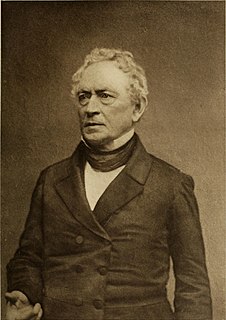A Quote by Tom Peters
Print-based libraries developed in an age of scarce printed resources.
Related Quotes
Our supplies of natural resources are not finite in any economic sense. Nor does past experience give reason to expect natural resources to become more scarce. Rather, if history is any guide, natural resources will progressively become less costly, hence less scarce, and will constitute a smaller proportion of our expenses in future years.
NC LIVE has the potential to give citizens across North Carolina immediate access to the rich array of information resources housed by the libraries on UNC's 16 campuses. It will allow unprecedented collaboration and sharing of resources among sister UNC institutions, the community colleges, and the state's public libraries.
When you think of all the conflicts we have - whether those conflicts are local, whether they are regional or global - these conflicts are often over the management, the distribution of resources. If these resources are very valuable, if these resources are scarce, if these resources are degraded, there is going to be competition.
The industrial civilisation is based on the consumption of energy resources that are inherently limited in quantity and that are about to become scarce. When they do, competition for what remains will trigger dramatic economic and geopolitical events; in the end, it may be impossible for even a single nation to sustain industrialism as we have know it in the twentieth century.
Literature is the voice of the age and the state; the character, energy, and resources of the country are reflected and imaged forth in the conceptions of its great minds; they are organs of the time; they speak not their own language, they scarce think their own thoughts; but under an impulse like the prophetic enthusiasm of old, they must feel and utter the sentiments which society inspires.
[The web] is going to end up being a tremendous advantage, providing we can work out the financial structure. I think we’ll see newspapers survive, being printed at home... Or you’ll have a local print shop, so that rather than waiting for the newspapers to arrive by truck, which is 30 percent at least of a newspaper’s cost, you’ll go in and push a button, and it will take your dollar bills without anyone having to be there. And it will print the newspaper for you while you wait. It will take seven minutes. There’s a terrific future for print in my view and it gives me great heart.




































